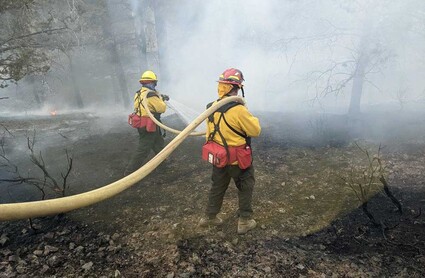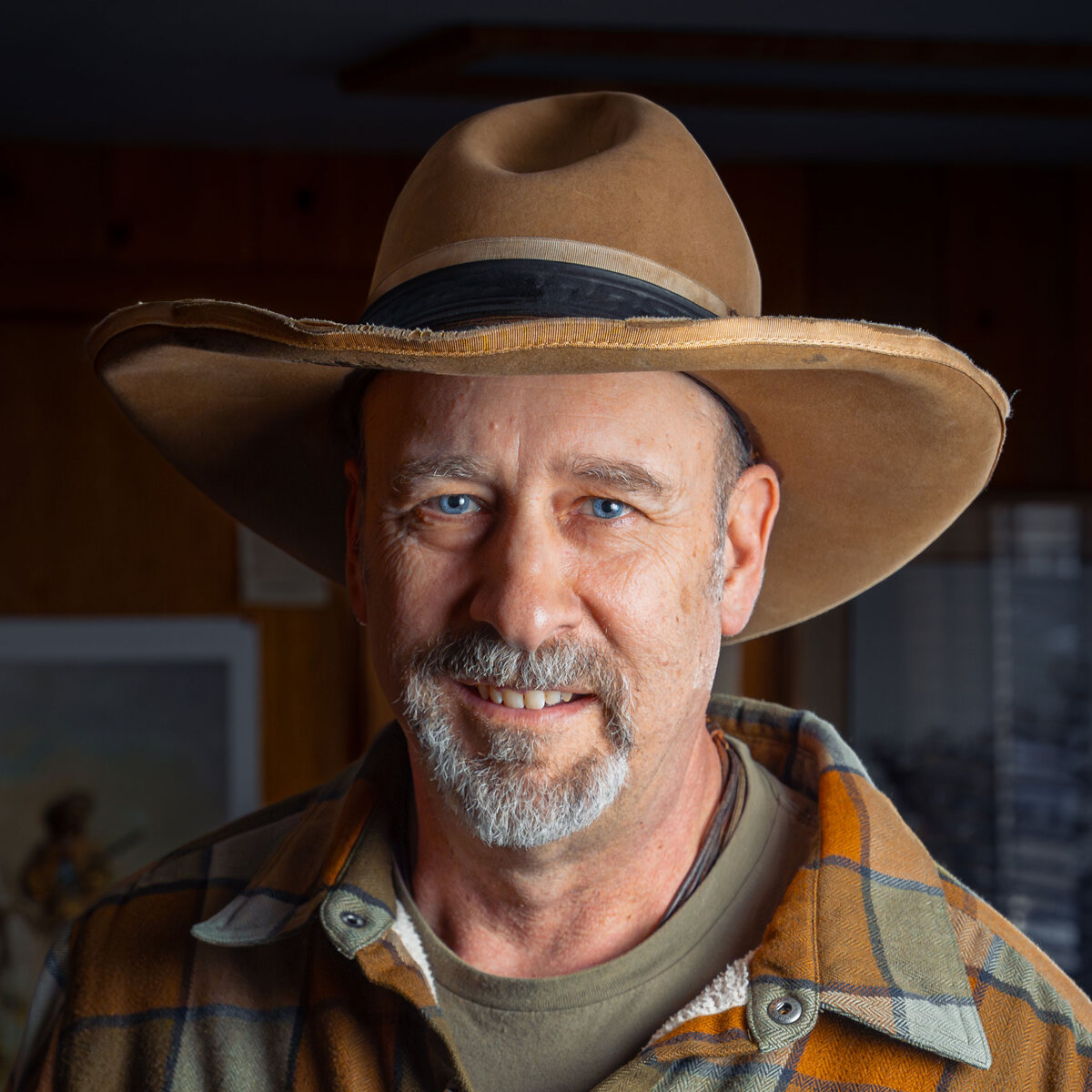Fire season has arrived in Sisters
Last updated 6/7/2022 at Noon

Firefighters knocked down an escaped burn on a property on Wilt Road last week. Burning season is closed.
PHOTO BY CAMP SHERMAN FIRE
" style="max-width:250px;" />It doesn’t look like it, and it doesn’t feel like it, but fire season has arrived in Sisters.It doesn’t look like it, and it doesn’t feel like it, but fire season has arrived in Sisters.
The day after the region’s fire chiefs closed outdoor burning in Central Oregon, an escaped burn on Wednesday, June 1 on a property on Wilt Road north of Sisters drew a heavy response from local firefighters, who were able to knock the blaze down.
“We got on it pretty quick,” said Sisters Deputy Chief Tim Craig.
Seven engines and two water tenders from Sisters-Camp Sherman Fire District, the U.S. Forest Service, and the Oregon Department of Forestry responded.
“We were able to hit it pretty hard, which is why we were able to keep it to the two-acre size,” Craig reported.
Craig noted that the property owner “was mistakenly under the impression that she had one more day” to burn, after the closure at midnight on May 31.
“The property owner had lit a small burn pile and left when she thought it was out — and obviously it wasn’t,” Craig said.
That’s a reminder that vigilance is required to make sure fires are dead out before stepping away from them — and that goes for campfires, which are still allowed in the forest.
Craig said that, despite a wet spring, conditions are still ripe for wildfire. While late rains — including rain just this weekend — have greened up the small fuels like grasses, heavier fuels are still feeling the effects of long-term drought. Fuel moisture is actually low in trees and other heavier fuels.
“The heavier fuels are really receptive to fire right now,” Craig said. “We’re just seeing more active fire than we would normally be seeing based on the weather we’ve been having. It wasn’t enough over the winter to bring those fuel moistures up.”
All of that adds up to the continued need to continue to be cautious about fire, and not let complacency creep in as the spring rains dissipate, temperatures rise, and Sisters Country starts to dry out.


















Reader Comments(0)